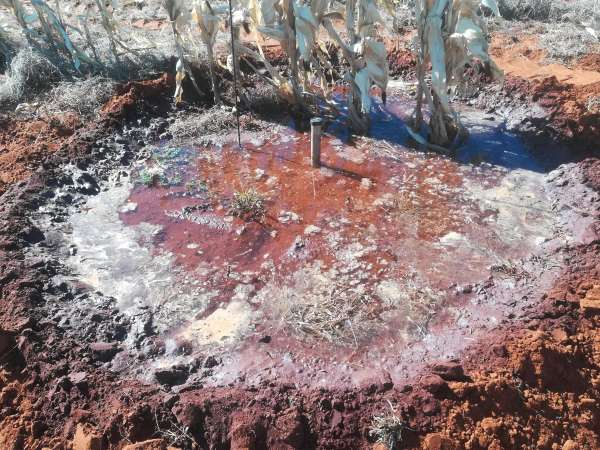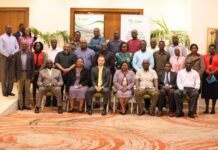Regenerative agriculture—reducing water and chemical inputs to prevent land degradation and deforestation—is becoming popular in the US.
This type of agriculture is also practiced by family farmers in the Kisumu region of Kenya. One organic fertilizer used by farmers in Kisumu are cover crops, or “green manure.” Common cover crops in Africa include glyricidia sepum, piliostigma reticulatum, calliandra, canavalia insiformi, and different types of legumes.
How to Accelerate Transition to Regenerative Agriculture with Different Technology Solutions?
The main benefits include:
- Health: Green manure cover crops are grown organically and have far less of the health risks associated with chemical fertilizers.
- Soil erosion control. Cover crops provide protection against soil erosion as surface runoff is slowed by the cover, allowing improved moisture through increased infiltration.
- Pest and weed management. Cover crops tend to reduce infestations by insects, diseases, nematodes and weeds. This reduces the need for relatively expensive and often dangerous chemical pesticides.
- Pollination. Beekeeping is an effective way to raise the incomes of small-scale farmers. Flowering cover crops support the habitat requirements of bees and other pollinating insects by providing food (pollen and nectar).
- Reduced input costs. Cover crops are a very inexpensive source of fertilizer. Periodically ploughed into fields as “green manure,” they increase carbon. This costs farmers virtually nothing.
- Increased soil fertility. Cover crops improve overall soil health usually within a year or two, and increasingly over time. Organisms such as earthworms and other insects can improve soil quality and increase nutrient availability by quickly decomposing organic matter and plant residues. This increases fertility, which improves yield per unit of land.
- *Higher yields. The result of increased soil fertility is higher yields per acre. Combined with reduced input costs, this leads to both higher sales and profits.
Cover crops have proven effective in helping raise yields and incomes in Kisumu. There are also early positive results with farmers in the Gnagna Province of Burkina Faso and the Timissa Commune of Tominian Cercle in Mali. World Neighbors, an international development organization based in Oklahoma City, has teamed with local partners on these projects.









